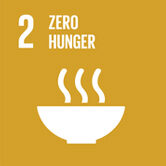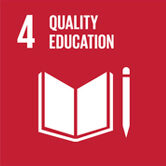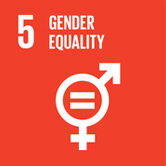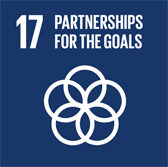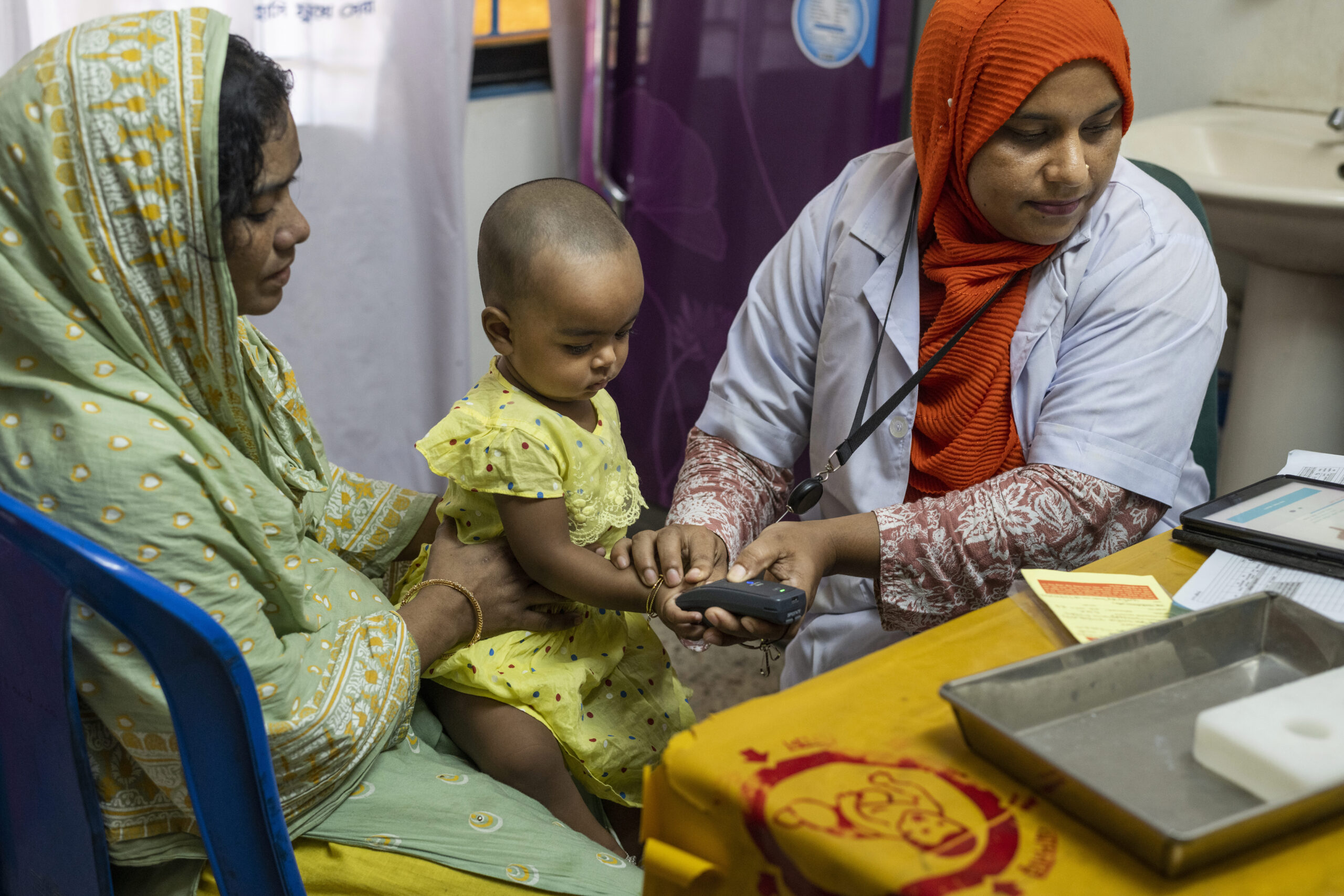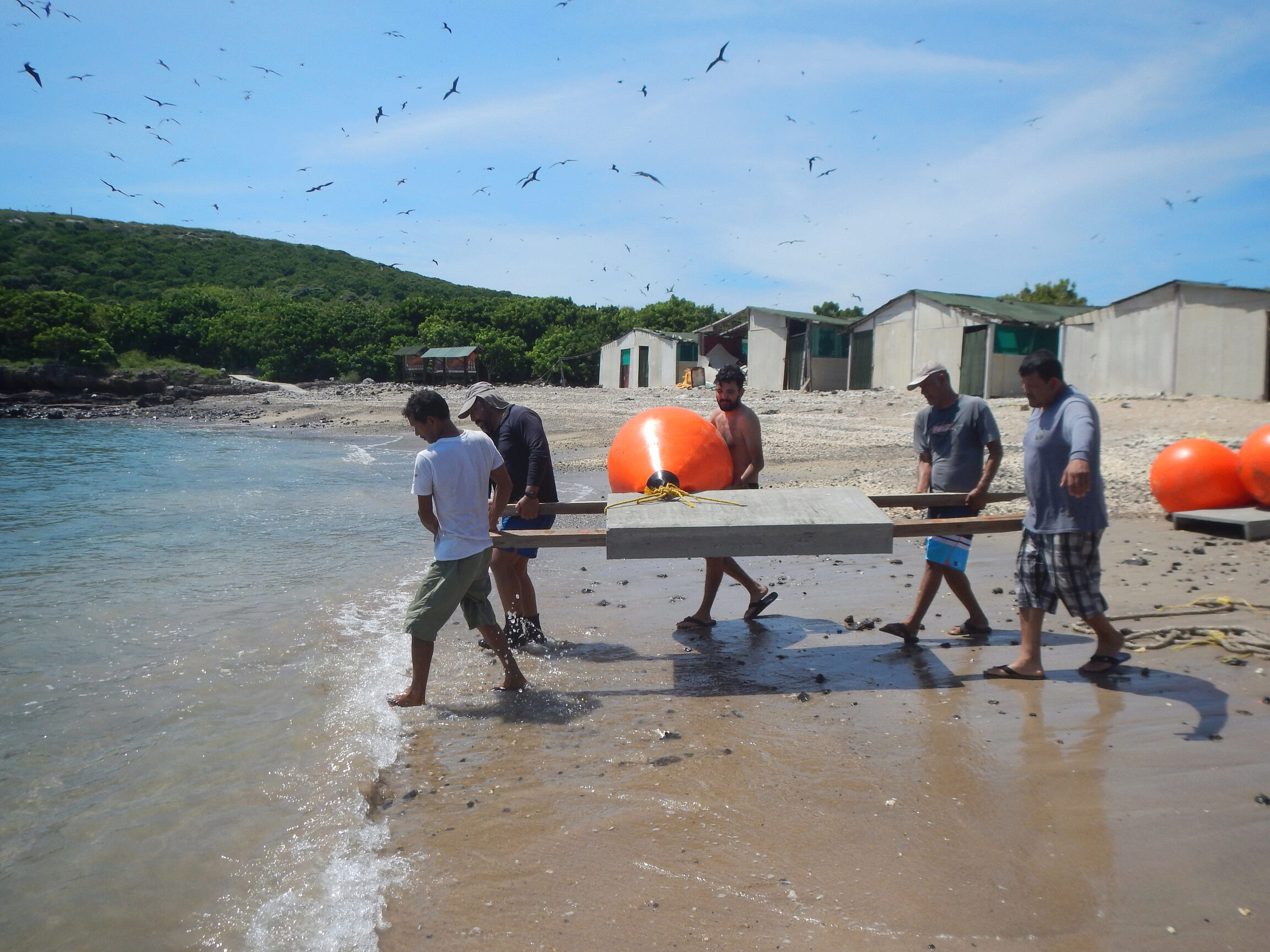
2024 Winner: Food for Education
Food for Education (F4E) is on a mission to eradicate childhood hunger that affects about 90% of children in Africa who do not benefit from a minimum acceptable diet. Founded in Kenya, the women-led organization has developed a world-class school feeding model that uses centralized kitchens, technology, and smart supply chains to deliver hot, nutritious, and affordable meals to nearly 300,000 school children daily. The organization is scaling by creating a blueprint of excellence for mainstreaming school feeding across Africa, and by 2027, F4E aims to feed 1 million children every day.
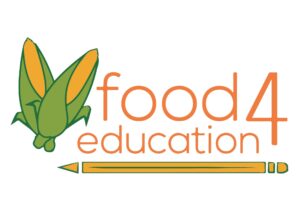
Primary Area of Impact: Hunger & Poverty Alleviation
Geographic Area (Continent): Africa
Geographic Areas (Countries): Kenya
Organizational Type: Non-Profit
Year Founded: 2012
Mission: To eradicate childhood hunger through a simple solution: school meals.
Website: https://food4education.org/
Social Challenge
Childhood hunger is severe and widespread in Africa creating long-lasting adverse effects on children’s development, their lifetime earnings, and national economic performance. In Kenya, over 50% of the population is food insecure, and one in every four children under the age of five is stunted. The issue is particularly exacerbated in informal settlements within urban and peri-urban areas, where poverty and unemployment are prevalent, and households struggle to secure even one meal a day. Moreover, recent global disruptions including the COVID-19 pandemic, climate change, and the war in Ukraine, have affected global food supplies and dramatically increased food prices, pushing many already struggling households into crisis and hunger.
UN Sustainable Development Goals (SDGs)
Leadership
Food for Education (F4E) is revolutionizing the school feeding paradigm through a tech-centered, cost-efficient, and scalable school feeding model. They are creating the blueprint for sustainable school feeding programs (SFPs) in Africa, based on evidence that SFPs address food insecurity and allow children to perform better at school. F4E leverages economies of scale in bulk buying, using central kitchens, and climate-friendly cooking technologies. They employ local workers and source ingredients from local farmers, predominantly women, within the communities they serve. Most notably, F4E fosters a sense of collective responsibility and ownership by involving parents and government as co-payers, which is also key to their model’s sustainability.
Impact
Food for Education’s influence extends far beyond providing daily meals to 170,000 children. Research by World Food Program indicates that each $1 invested in school lunches in Kenya yields a 9x return in improved socio-economic outcomes by fostering a healthier and better-educated population that enables individuals to realize their full potential and promote the development of their communities. The schools that F4E serve have reported increased enrollment by up to 30%, improved attendance by at least 20%, and enhanced performance on national examinations by up to 20%. F4E’s home-grown approach to school feeding in which they buy locally grown ingredients from smallholder farmers and employ 100% of their kitchen staff from the communities in which they operate significantly strengthens the local economy. Local sourcing has an outsized benefit on women, who are approximately 75% of Kenya’s agricultural labor force.
Innovation
Food for Education’s innovative parent co-pay technology—the durable and waterproof Tap2Eat wristband—uniquely allows for ease of use by primary school children and parents alike while enabling operational efficiency in the schools and a sense of ownership and deeper involvement among parents. F4E has incorporated the Tap2Eat system into their operations dashboards, allowing them to predict the number of meals and minimize food waste, resulting in 30-50% cheaper operational costs compared to other SFPs run by schools themselves. This has made Tap2Eat not only a payments tool but also an analytics tool that allows F4E to track and analyze their key performance indicators. F4E’s use of a centralized kitchen system is also innovative, enabling them to bulk source and produce meals on a large scale efficiently and cost-effectively, while ensuring consistent quality and nutrition. They operate from seven high-tech, high-efficiency central kitchens using climate-friendly cooking technologies.
Transferability
Food for Education has grown from operating in one county in 2019 to 5 counties in 2023, and from two central kitchens in 2020 to 7 central kitchens in 2023. In 2023, they completed the building of a giga kitchen in Nairobi, Africa’s largest kitchen, which has the capacity to serve 25% of all public primary school students across Nairobi. This cost-efficient cooking and transport method can be adapted by any similar kitchen operation. Their Tap2Eat technology leverages existing mobile payment systems that are present in many areas and is easy to learn and adopt. Additionally, F4E fosters awareness about the importance of sustainable school feeding programs through collaboration with the Kenyan government and global actors in education. As a member of the Global School Meals Coalition, comprised of key leaders in the school feeding space, F4E advocates for sustainable school feeding programs and offer learning and support to different stakeholders to collectively work towards eradicating childhood hunger.
Accomplishments
- Wawira Njiru (F4E Co-Founder and CEO), Elevate Prize Winner, 2024
- Wawira Njiru, Icon Award recipient, 2022




